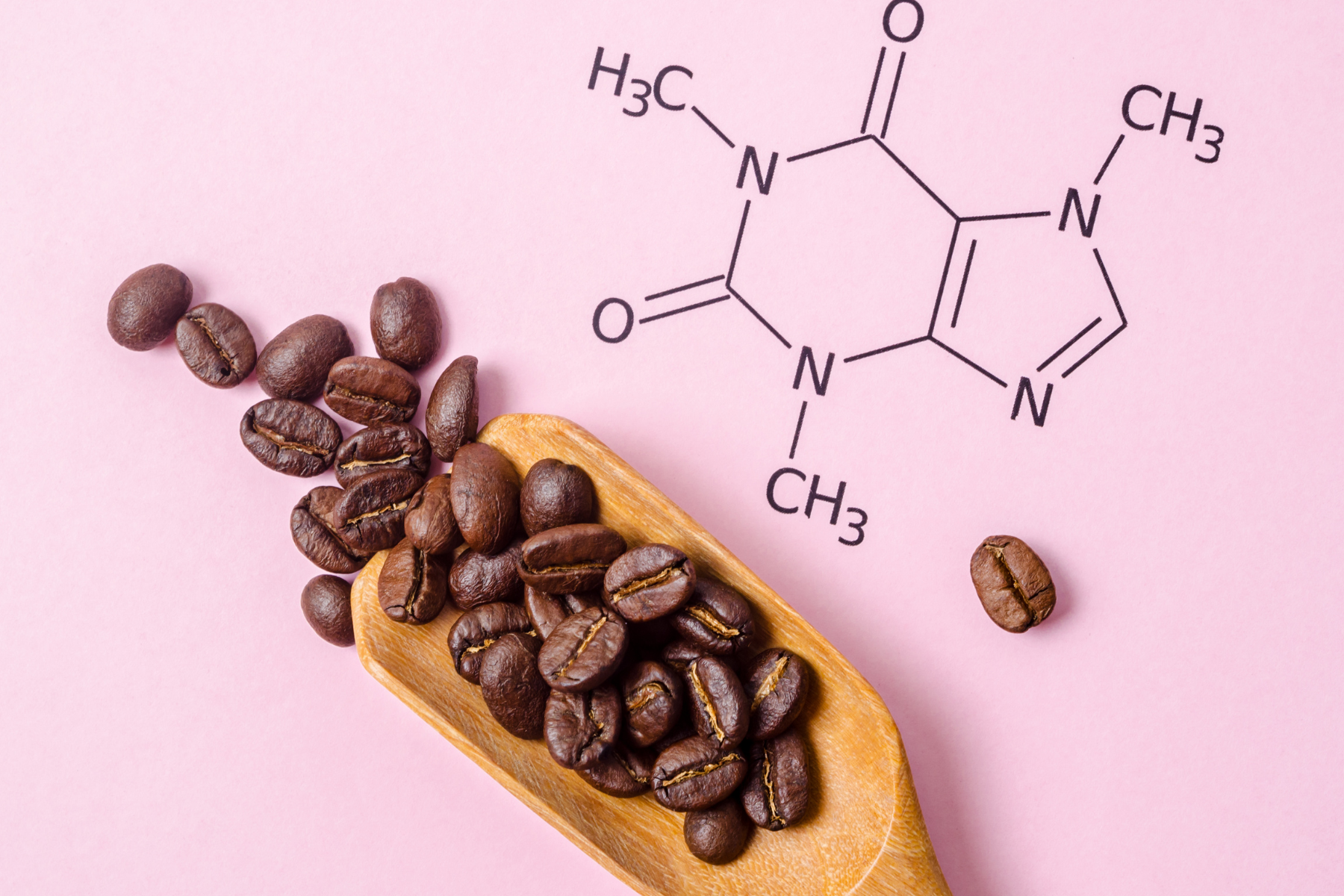Caffeine is the most widely used stimulant in the world with roughly 90 percent of adults in Western countries consuming it regularly. Over recent years there has been a substantial rise in other caffeine-containing products. Common caffeinated products include energy drinks, gels, pre-workouts, and chewing gums. Its effects on athletic and exercise performance have long been touted, but does it work, and if so what is the best way to utilize it? And is mixing caffeine and exercise safe to do?
Caffeine and Endurance Exercise
One of the most researched and proven areas of activity where caffeine is known to have a benefit is endurance activities. Such activities are running, cycling, swimming, and cross-country skiing. Researchers still aren’t positive on how caffeine benefits exercise but the most widely accepted theory is that it alters the perceived rate of exertion and muscle pain through the nervous system. What does this mean? Essentially, caffeine lowers the amount of pain felt during exercise, allowing athletes to extend their workouts, and benefiting their endurance. Regardless of the mode, the research has consistently shown caffeine to improve endurance by 2-4% on doses of 3-6 mg/kg in both trained and untrained athletes alike (1).
Caffeine and Muscular Strength
Caffeine is most often used by athletes performing resistance training exercises. Research shows that caffeine does in fact enhance power and velocity when it comes to resistance training (1). This translates to a modest increase in weight and/or repetitions that are able to be performed before failure.
Caffeine Timing and Dose
A lot of the research out there has participants taking caffeine 60 minutes before exercise. Some research shows that taking caffeine towards the latter half of exercise may have similar or slightly better effects than taking it 60 minutes before. However, those benefits were only found in athletes performing long endurance activities such as running a marathon. A good rule of thumb is to stick with the tried and true ingestion of caffeine 60 minutes before exercise.
The dosage of caffeine largely depends on the individual’s sensitivity to caffeine. Factors that influence sensitivity include genetics, body weight, height, gender, etc. Most research suggests consuming between 2-6 mg of caffeine per kilogram of body weight to get at least some enhancement benefits to exercise (1). To avoid any possible and severe side effects, it is recommended to start on a lower dosage such as 2 mg/kg body mass, and slowly work your way up as needed and tolerated.
Side Effects of Caffeine and Exercise
Common side effects of caffeine intake include heart palpitations, anxiety, headaches, and insomnia. These side effects increase as the dosage taken increases (1). Given the side effects, consider the sport/activity before deciding to use caffeine. Sports that heavily rely on skill components such as tennis, biathlon shooting, golf, etc., will likely be negatively affected by the caffeine-induced jitters compared to sports that rely more on strength or endurance.
Alternative Caffeine Sources
Apart from having coffee or tea, you may be wondering what other products are there that provide the same or similar benefits. A growing number of caffeine products come out on the market every year. These products promise big improvements in performance. Below is a summary of some of the more popular products and their benefits that we know of so far.
Caffeine Pills
Research shows it has the same or similar benefits as drinking equivalent amounts of caffeine in coffee/tea making it an ideal substitute.
Chewing Gum
Caffeinated chewing gum is shown to also have similar performance benefits as coffee/tea and can be taken closer to the onset of physical activity due to its quicker absorption into the bloodstream.
Gels
Caffeinated gels are often combined with 20-25g of carbs and also have similar effects as prior alternatives. Timing appears to be very important, however, so it is best to consume them 10 minutes prior to exercise as benefits significantly decrease in the 10-60 minute range.
Energy Drinks and Pre-workout
Research shows that energy drinks and pre-workout enhance both aerobic and anaerobic activities likely due to the combination of caffeine, taurine, and glucose contained in them. Energy drinks especially contain large quantities of added sugar and calories which is important to factor into your overall diet.
If you have additional questions on the potential benefits caffeine can add to your exercise or weight goals or are looking to make a personalized diet and exercise regime, please contact us! We are happy to help!
References:
- Guest NS, VanDusseldorp TA, Nelson MT, Grgic J, Schoenfeld BJ, Jenkins NDM, Arent SM, Antonio J, Stout JR, Trexler ET, Smith-Ryan AE, Goldstein ER, Kalman DS, Campbell BI. International society of sports nutrition position stand: caffeine and exercise performance. J Int Soc Sports Nutr. 2021 Jan 2;18(1):1. doi: 10.1186/s12970-020-00383-4. PMID: 33388079; PMCID: PMC7777221.







